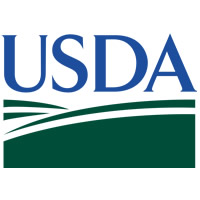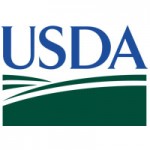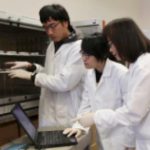As part of its ongoing efforts to stop the further spread of Highly Pathogenic Avian Influenza (HPAI) and give farmers tools to help combat the disease, the U.S. Department of Agriculture’s Animal and Plant Health Inspection Service (APHIS) announced an interim final rule that updates the conditions for poultry facilities to receive indemnity and compensation after testing positive for HPAI. Based on evidence that strong biosecurity measures remain the most effective strategy to combat HPAI, APHIS will now require that farmers undergo a biosecurity audit before restocking their poultry after an HPAI detection, and before receiving future indemnity payments.
“During the outbreak of HPAI in 2014 and 2015, U.S. poultry owners made great improvements to biosecurity to protect their flocks, which greatly reduced the presence of HPAI among the country’s poultry flock,” said Dr. Rosemary Sifford, USDA Chief Veterinary Officer. “Biosecurity is proven to be our best weapon in fighting this virus, and this update will ensure that poultry producers who received indemnity for HPAI are taking measures to stop future introductions of the disease and avoiding actions that contribute to its spread.”
Under the interim final rule, if a commercial poultry farm affected by HPAI wants to restock their poultry and be eligible for future indemnity on that restock, the premises will be required to pass a biosecurity audit by APHIS before restocking. APHIS will also require a biosecurity audit for commercial poultry premises within the “buffer zone” (minimal 7 km radius around the infected zone) prior to movement of poultry onto the premises if the owner wishes to be eligible for future indemnity for the poultry moved onto the premises. Additionally, APHIS will not pay indemnity for flocks moved onto premises in active infected zones if the flocks become infected with HPAI within 14 days following the dissolution of the control area around an active infected premises. A producer who does not make corrections recommended in APHIS’s biosecurity audit will not be eligible for indemnity payments if the premises experiences future infections within the same outbreak.







